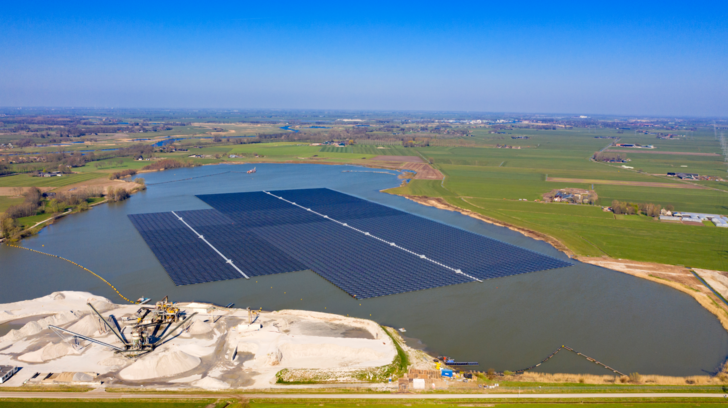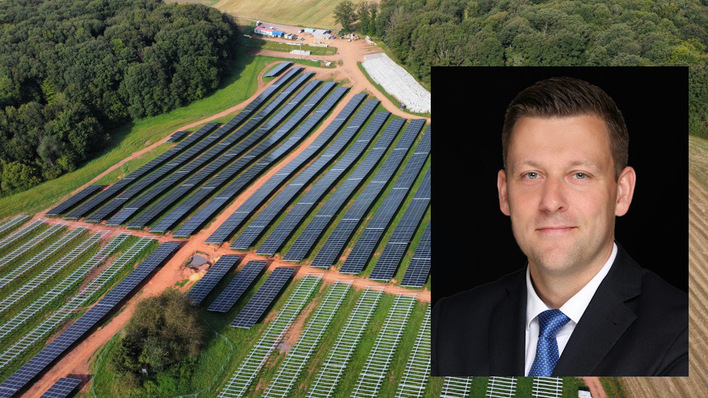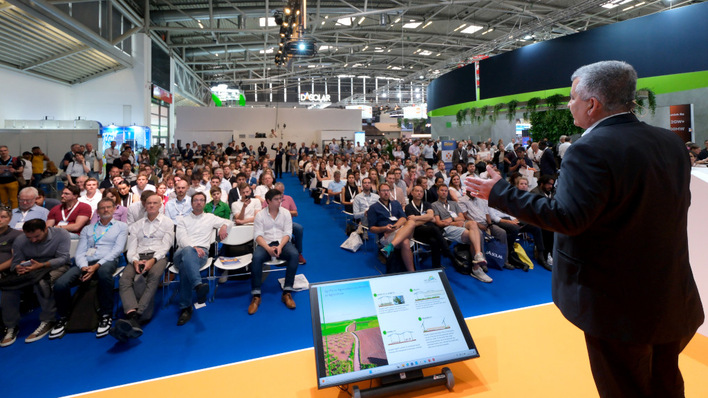Baywa r.e. has already installed eight floating solar parks in the European floating PV market. Now there are initial results relating to a certified floating PV solution from Baywa. These show no negative impact on the environment, conducted on the largest installation outside Asia in Zwolle in the Netherlands. Baywa r.e. and its Dutch subsidiary Groenleven have been working with the Hanze University of Applied Sciences Groningen and experts from the Buro Bakker/ATKB research office for over a year to research the environmental impact of floating photovoltaic systems.
Water quality is preserved
According to the water quality study conducted by Hanze University of Applied Sciences, the oxygen content under the modules has changed only minimally within a year, as wind and sunlight can still easily reach the water surface under the modules. The measured deviations were mainly caused by changing weather conditions, which were continuously monitored. According to the researchers, the water quality under the plant remains at the same good level as the adjacent water surface.
See also: Floating PV combined with wastewater treatment
As part of the research on the effects of floating PV modules on water, the environment and biodiversity, Buro Bakker / ATKB found that the modules lead to lower wind levels on the water surface. This results in less erosion of the banks and thus protects the vegetation there, and stimulates plant growth. The effects on the fish population in the lake are also being studied: For this purpose, protective mesh boxes from Ecocean, so-called bio huts, were filled with mussels and attached under the floating solar modules to strengthen the underwater ecosystem and promote biodiversity. However, full results require several years of research. Therefore, the studies will continue for several years to examine long-term effects in detail. (nhp/mfo)








